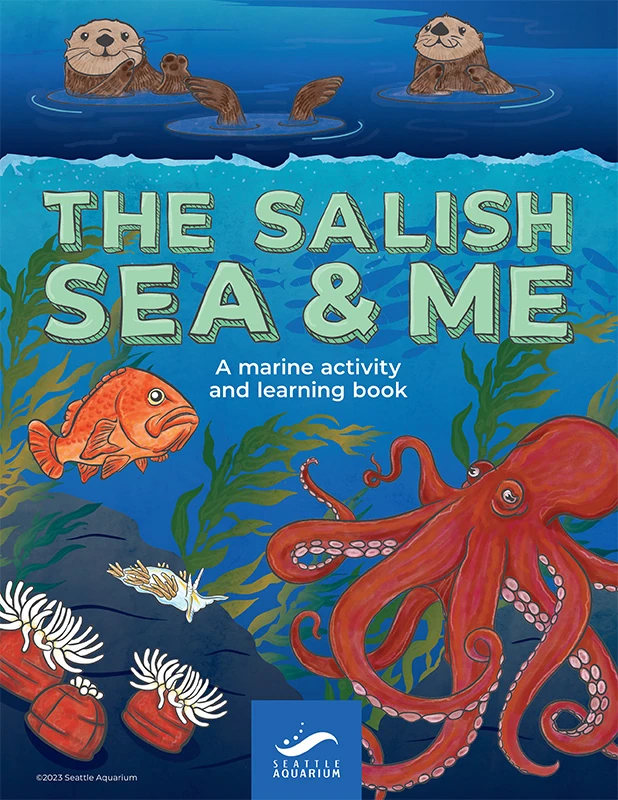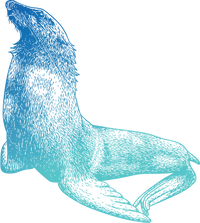Teacher newsletter
Sign up to receive email newsletters from the Seattle Aquarium with content specifically suited for educators including links to resources, animal facts and the latest news on educational programming at the Seattle Aquarium.
When submitting your email address be sure to select “educator newsletter” along with any other categories you are interested in.
Teacher Workshops
Check back again soon for future workshop dates!
Educator Advisory Council
Considering an Aquarium field trip for your students? Interested in the newest Aquarium programs, events and activities? Want access to resources and opportunities to support your curriculum? The Educator Advisory Council is your ticket to insider info!
School group FAQ
Check out our School Group FAQ for more information on logistics for your field trip, on-site classes and distance learning programs.
Field trip chaperone form
Joining us for a class visit or field trip? Please fill out our chaperone form below and send it to chaperones prior to your visit.
Field trip code of conduct
Please review our field trip code of conduct before joining us for a class visit.
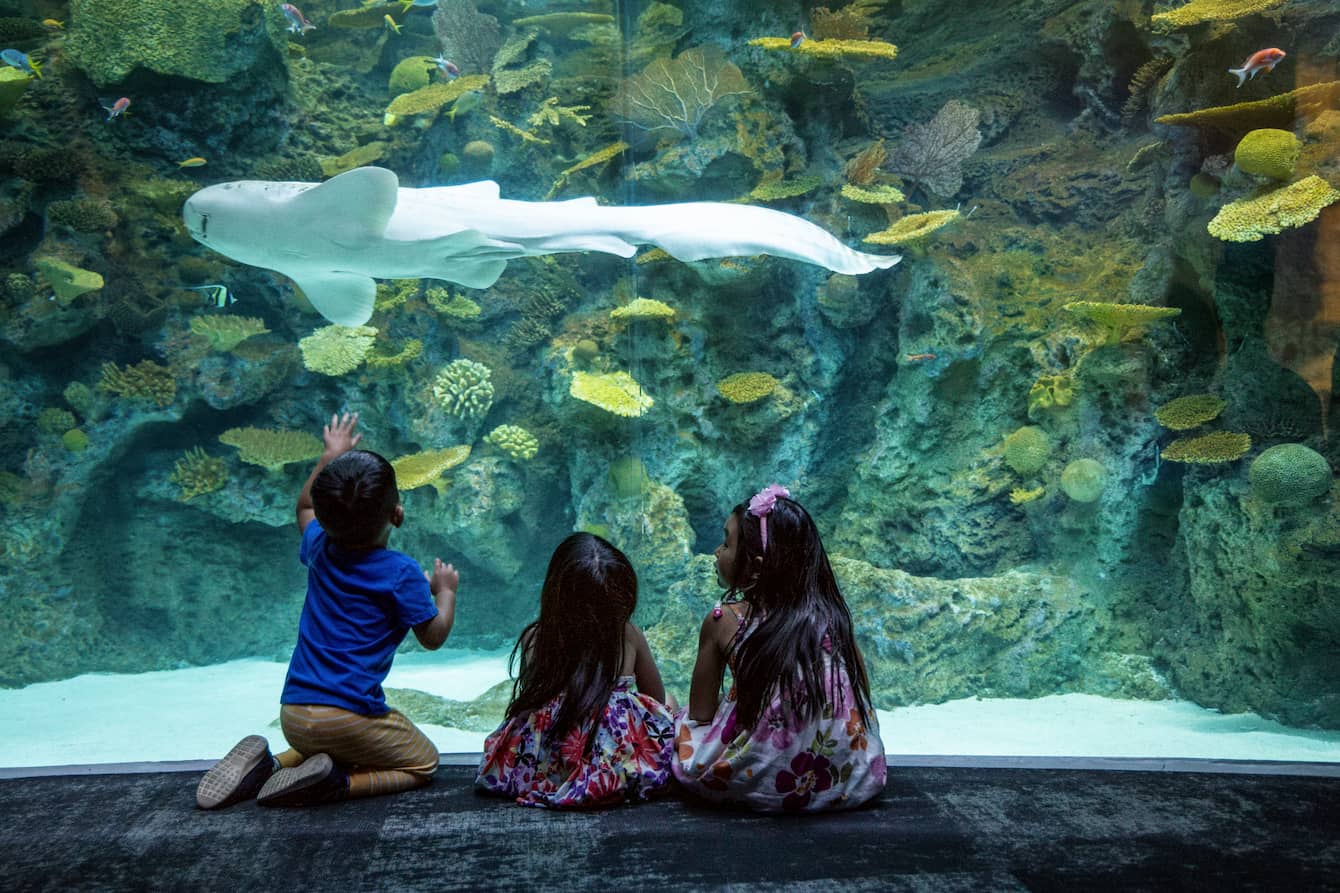
Preparing for your field trip
Joining us at the Seattle Aquarium for a field trip? We have developed resources to help teachers prepare their students for a visit to the Aquarium. These resources may be especially helpful for students with sensory needs.
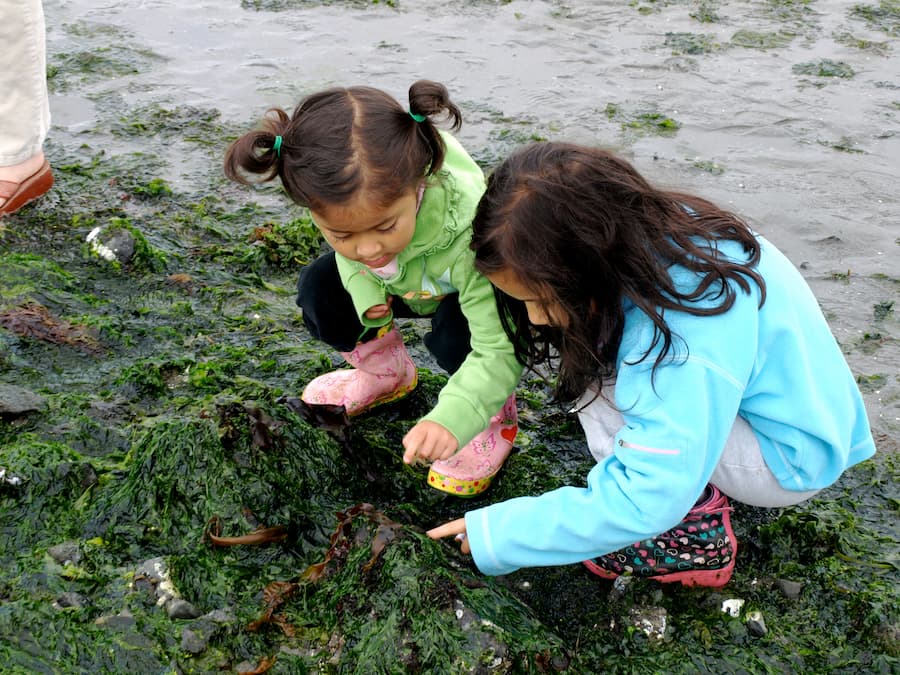
A guide to exploring local beaches
Studies show that spending time in nature leads to better outcomes in cognitive development, stress management and environmental stewardship. The Seattle Aquarium has developed guides for twelve local beaches to help make school field trips to the beach more accessible.
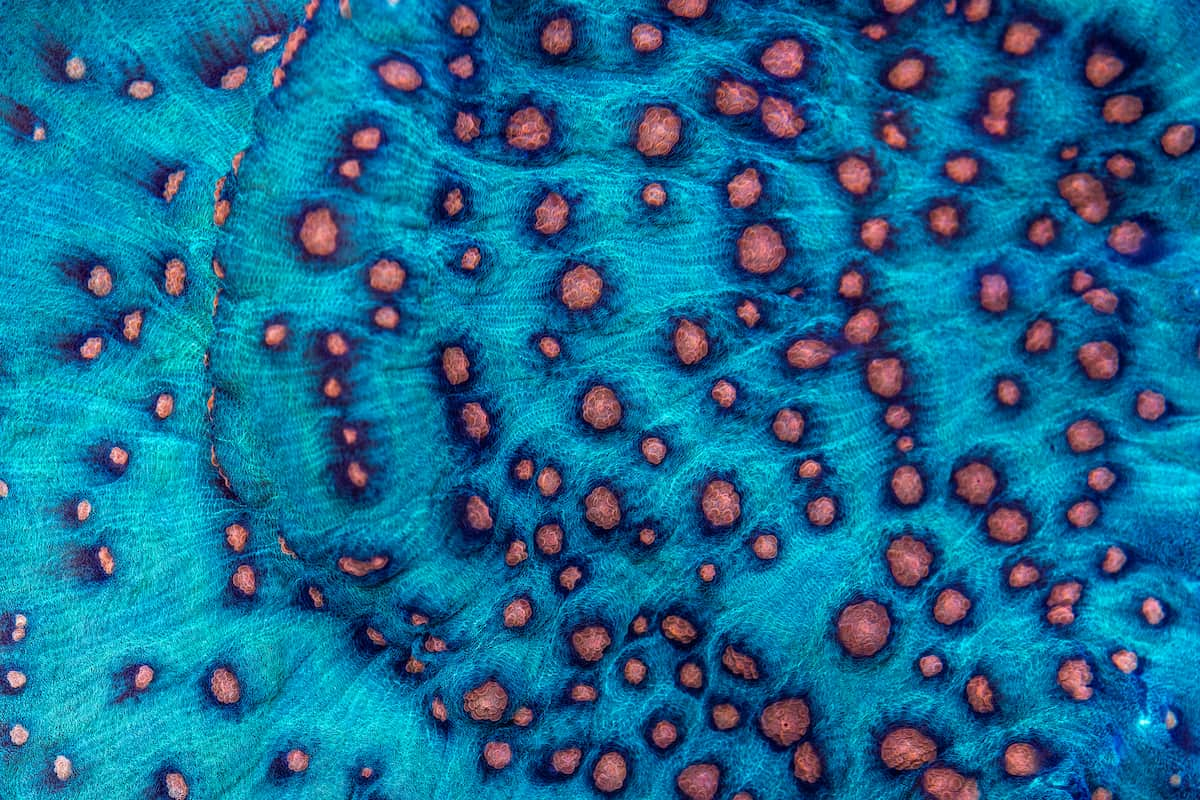
School Coral Conservation Contest
Are you a teacher for grades second–fifth? The Seattle Aquarium invites you and your students to participate in a contest celebrating the coral reef inhabitants of the newly opened Ocean Pavilion!
The Salish Sea and Me: A marine activity and learning book
“The Salish Sea & Me: A marine activity and learning book” is a teaching tool for use in the classroom or at home to help students understand their emotions while creating empathy for aquatic creatures around the world. The Seattle Aquarium developed this book to bring together empathy, conservation and social-emotional learning. The book’s content is designed for third–fifth graders but could be adapted to meet the needs of younger or older students.
Interested teachers can receive up to 40 printed copies of “The Salish Sea & Me: A marine activity and learning book” from the first run of printing. These will be mailed to your school free of charge. Available while supplies last.
